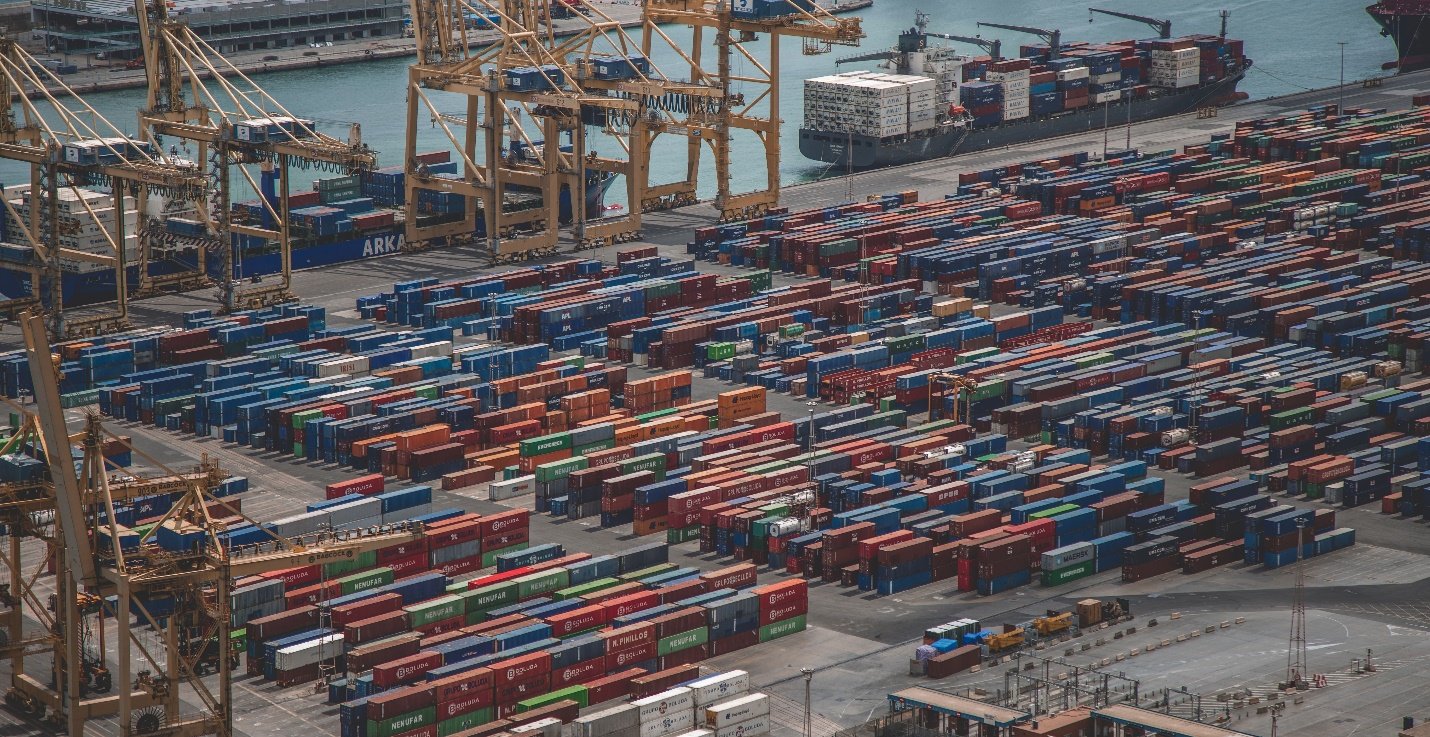
Blog
What Is the Maritime Administration (MARAD)?
Posted in Maritime Piracy
It’s certainly not a radical statement to say that the maritime sector in the United States plays an essential role in the maintenance of the nation’s economy and its military force. Corporations rely on the maritime transportation system to deliver goods safely and efficiently across the country and to foreign lands. In addition, the merchant marine serves the dual role of promoting maritime commerce and providing auxiliary support to national defense and emergency response efforts.
Given the centrality of the maritime sector, it makes sense that its various activities and responsibilities would be coordinated by a federal agency. This is where the Maritime Administration (MARAD) comes into the picture.
MARAD is one of the agencies controlled by the U.S. Department of Transportation (others include the Federal Aviation Administration and the Federal Highway Administration), and throughout its history, it has proven to be highly effective in overseeing the waterborne transportation sector. For maritime employees, understanding what MARAD does is important, as this organization touches on a wide range of matters relevant to this industry.
A Brief History of the Maritime Administration
The United States Maritime Administration was formed in 1950 in order to take over many of the regulatory responsibilities that had been handled by the recently dissolved United States Maritime Commission, which had been founded in 1936.
In 1961, MARAD expanded its scope of duties by assuming control of subsidization of the construction of merchant ships, a task that had previously been managed by the United States Federal Maritime Board (1950-1961). MARAD became an official administration of the U.S. Department of Transportation (DOT) in 1981, and it has remained under the oversight of this federal cabinet department ever since.
The Maritime Administrator
The head of MARAD is known as the Maritime Administrator. The occupant of this office reports to the Secretary of Transportation and advises them on matters pertaining to the U.S. maritime industry. Additionally, the Maritime Administrator serves as Commandant of the United States Maritime Service, the Chairperson of the Maritime Subsidy Board, and Director of the National Shipping Authority.
At the present time, the position of Maritime Administrator is held by Rear Admiral Mark H. “Buz” Buzby, USN, Ret., formerly president of the National Defense Transportation Association, who was officially sworn in on August 8, 2017.
The Role(s) of the Maritime Administration
In 2017, MARAD commanded an operating budget of $399 million and employed more than 750 personnel, who were spread among MARAD headquarters, the U.S. Merchant Marine Academy, and various fleet sites and gateway offices.1 These dedicated professionals are involved with supporting and managing many different facets of the maritime sector in America.

- Cargo Regulation – MARAD has the task of overseeing the transportation of the nation’s military and agricultural cargo in accordance with all applicable laws and statutes. Among these laws are the Cargo Preference Act of 1954, which mandates that at least 50% of cargo generated by the government be carried on privately owned commercial vessels that fly the U.S. flag, and the Military Cargo Preference Act of 1904, which requires all water-transported items intended for military use to be carried by vessels that fly the U.S. flag. To address the need for the ready availability of U.S.-flag, Jones Act-qualified ships, MARAD routinely assists public entities in their efforts to locate such vessels.
- The Office of Maritime Security – Another MARAD department, the Office of Maritime Security is involved with various efforts to protect the maritime industry from pirates, terrorists, and other criminal threats. MARAD has aided the Department of Homeland Security (DHS) and the Coast Guard in their attempts to combat piracy on the high seas in line with the United Nations Convention on the Law of the Sea (UNCLOS). Furthermore, the Office is involved with efforts to enforce the National Maritime Domain Awareness Plan (2013), intended to bolster maritime security on the global level, and provides support to the DHS in allocating port security grants to entities at the local and state levels.
- Office of Safety – This MARAD department is involved with developing safety standards for the national and international maritime industry, as well as promoting advances in practices and technology to protect the welfare of maritime personnel.
- Port Conveyance and Port Licensing Programs – MARAD helps federal agencies and departments comply with the Federal Property and Administrative Services Act of 1949, which compels such entities to transfer unneeded property to other agencies that need it. Since the 90s, the Administration has also had the authority to convey this property to state and local governments for the development of port facilities. In addition, MARAD licenses offshore liquefied natural gas and oil import/export port facilities in accordance with the Deepwater Port Act of 1974.
- National Defense Reserve Fleet (NDRF) – MARAD manages this small fleet of inactive ships for the purpose of providing auxiliary support, as needed, for national emergency response efforts. As of July 31, 2014, the NDRF consisted of 114 ships.2
- Ready Reserve Force (RRF) – Since 1976, MARAD’s Ready Reserve Force has served a backup support for the U.S. armed forces, especially the Army and Marine Corps. The RRF has been involved in Operation Desert Storm and the Hurricane Katrina response effort.
- Ship Disposal and Dismantling – MARAD runs a Ship Disposal Program to enable the agency to safely dispose of old vessels that are no longer adequate for national security purposes. The agencies achieve this goal through sales to domestic ship recyclers, participation in the U.S. Navy’s SINKEX “live fire” training exercises, and providing vessels for use as artificial offshore reefs.
- Federal Ship Financing Program (Title XI) – The agency takes part in Title XI financing, which is intended to bolster the U.S. merchant marine by funding the construction (or reconstruction) of vessels in compliance with environmentally friendly policies. The Program gives ship owners the opportunity to purchase vessels at affordable rates (low interest and long repayment terms) from U.S. shipyards. It also provides financial support to shipyards seeking to modernize their facilities.
- The United States Merchant Marine Academy – MARAD is responsible for administrating the U.S. Merchant Marine Academy (USMMA), in Kings Point, NY. This is one of the five military academies charged with the task of producing commissioned officers for the various armed forces. Graduates of the Academy go on to serve in the merchant marine or in the U.S. military. MARAD also provides funding to California Maritime Academy, Great Lakes Maritime Academy, Maine Maritime Academy, Massachusetts Maritime Academy, the State University of New York Maritime College, and Texas A&M Maritime Academy.
- The MARAD History Program – The Maritime Administration is also involved in preserving its own history, as well as that of the U.S. maritime industry as a whole. To that end, it operates the American Merchant Marine Museum and, through the Maritime Administration Artifact Loan Program, lends valuable historical artifacts to non-profit organizations and other public museums. It also maintains the MARAD Vessel History Database, which has data on over 12,000 vessels, past and present.
Given its role in enforcing the provisions of the Jones Act, battling piracy on the high seas, and promoting safety in shipbuilding and maritime employment conditions, the Maritime Administration is a name that sometimes arises in connection with offshore personal injury cases.
If you have or a loved one has been seriously injured while performing duties as a maritime or offshore employee, you should contact the maritime law firm Maintenance & Cure at 1-800-836-5830. A free consultation is available.














